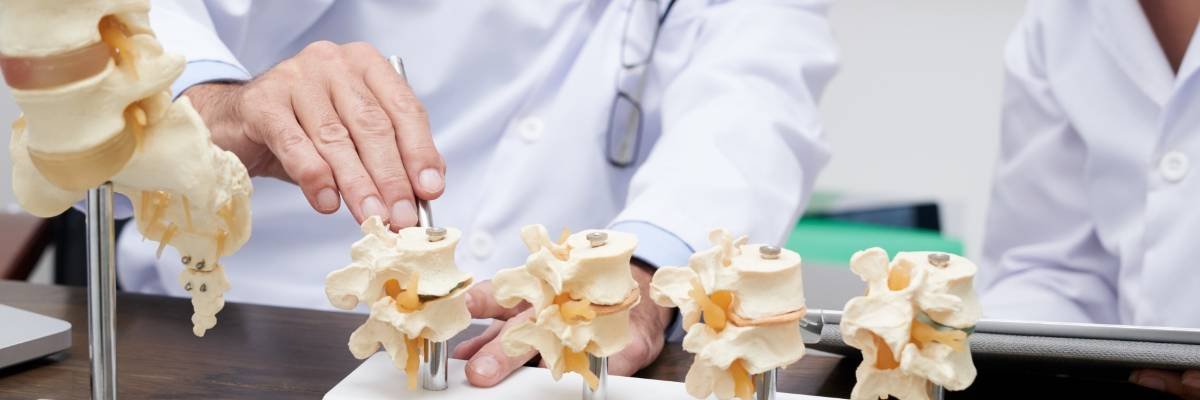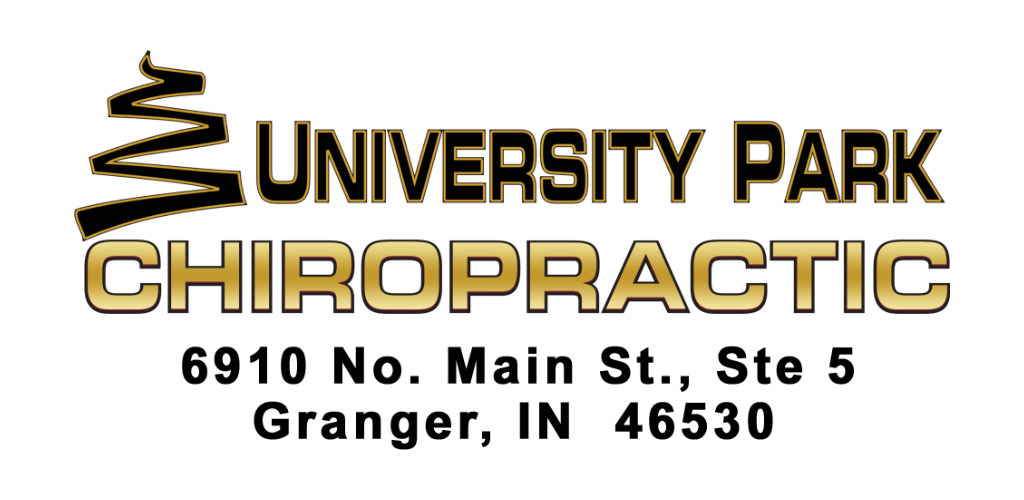PHASES OF DISC DEGENERATION
Your spine degenerates in stages/phases:
Disc Degeneration Phase 1
First, your spine loses its normal balance. There may be a loss of normal spinal curves. Your nerves may be affected and the vital life energy that flows over them is interfered with. Also, your joints, discs, nerves, and posture are stressed and age more quickly. Surprisingly, there may be no pain other than occasional minor discomfort. Also present may be a slight lessening of energy and slight height loss. Response to spinal care is generally good.
Disc Degeneration Phase 2
Here there is a much greater degree of decay, disc narrowing, and bone spurs (deformations); postural changes are much worse. This condition is very common (by age 40, 80% of males and 76% of females exhibit moderate disc degeneration). Spinal canal narrowing or stenosis may occur. This phase is characterized by more common aches and pains, fatigue, and a diminished ability to cope with stress. Height continues to decrease. With chiropractic care significant improvement is possible.
Disc Degeneration Phase 3
Here there are more postural imbalances, increased nerve damage, permanent scar tissue, and advanced bone deformation. Physical and/or mental weakness or disability begin. Also found in this phase are permanent loss of height and loss of energy. With care some reversal is possible.
Disc Degeneration Phase 4
This is the most advanced stage of subluxation degeneration. The postural imbalance is severe and motion is limited. There is severe nerve damage, permanent scar tissue is formed and the bones may begin to fuse. In this phase, we find pain, various degrees of physical or mental disability, and continued loss of energy and height. By now the condition is considered irreversible, although chiropractic may give some symptomatic relief.


























